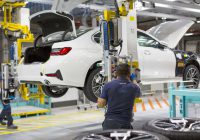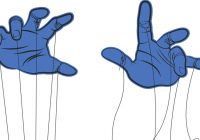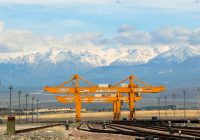During the critical final phase of the negotiations over the nuclear deal with Iran in March 2015, John Bolton published an opinion piece in The New York Times titled “To Stop Iran’s Bomb, Bomb Iran.”
When President Donald Trump named Bolton his new national security advisor in March 2018, the next day’s The New York Times editorial column included the following passage: “
The good thing about John Bolton … …










